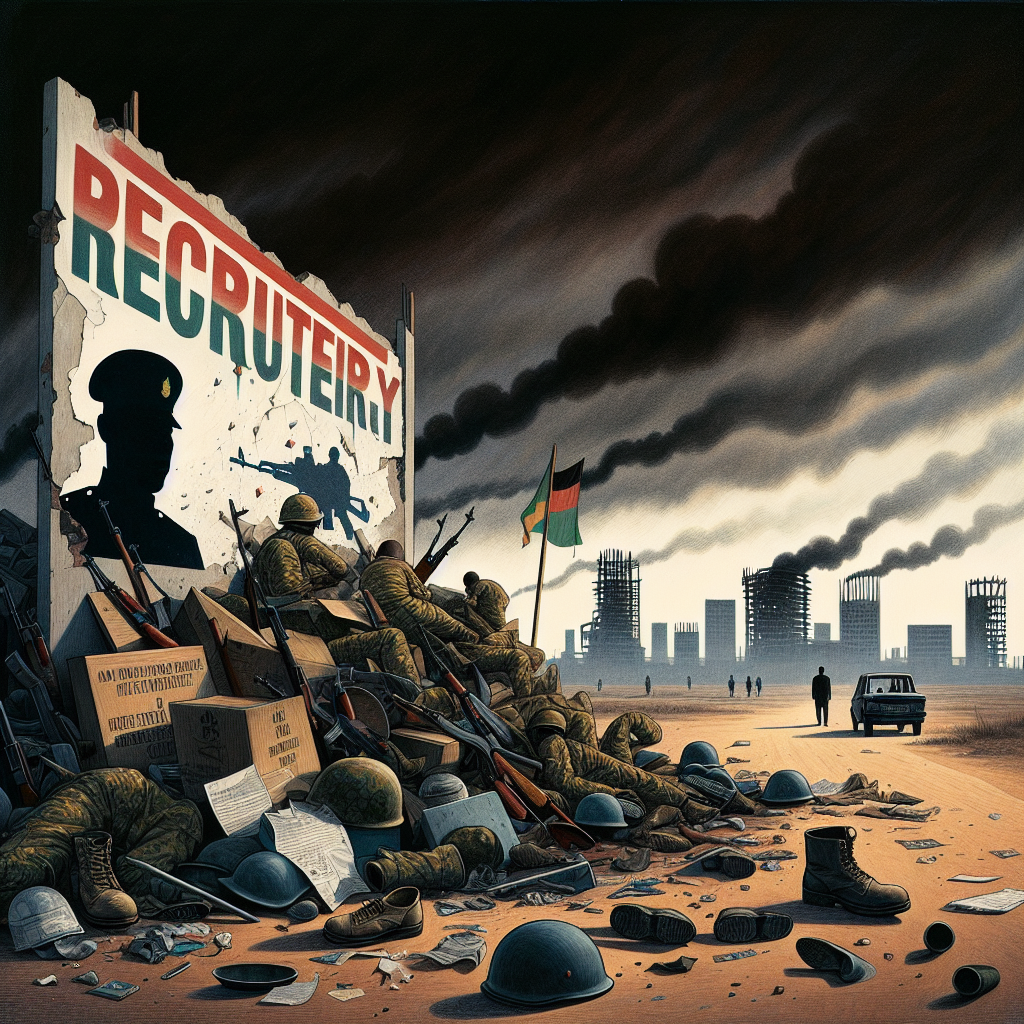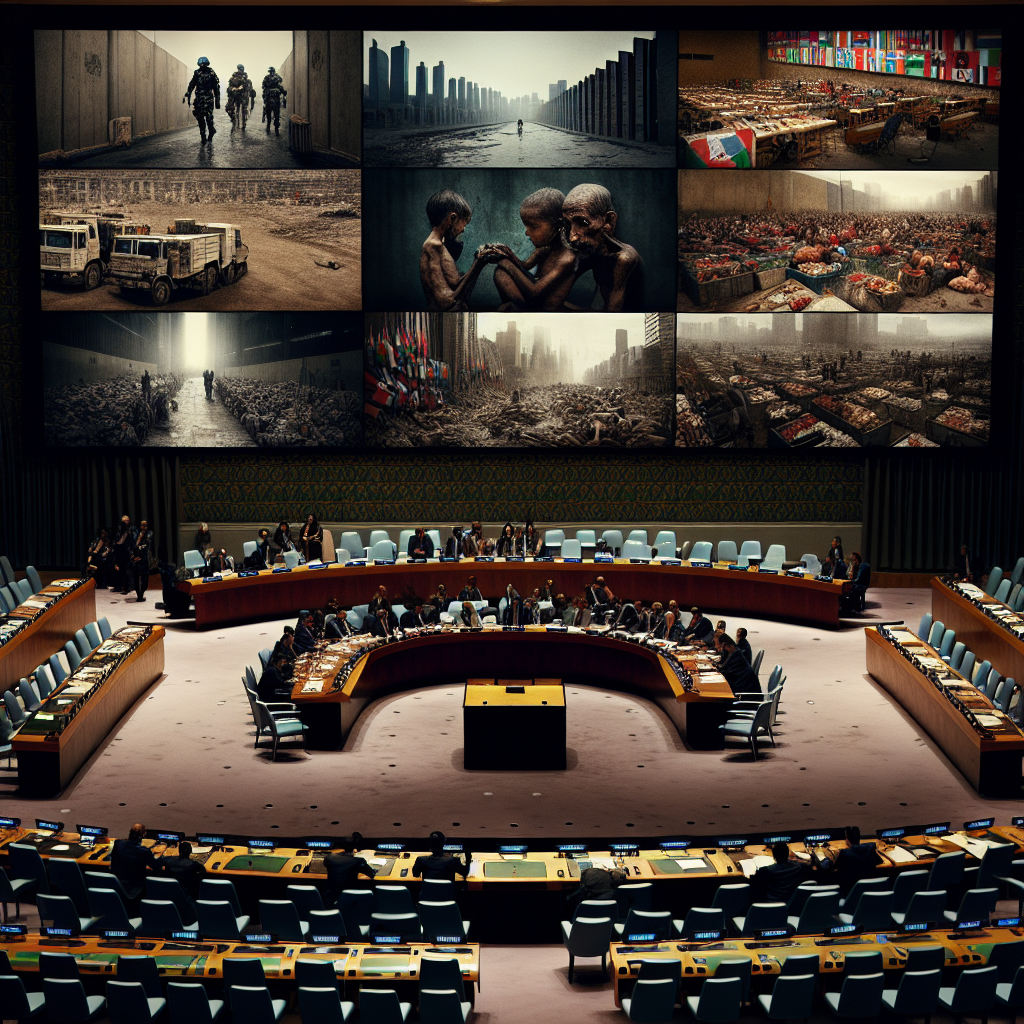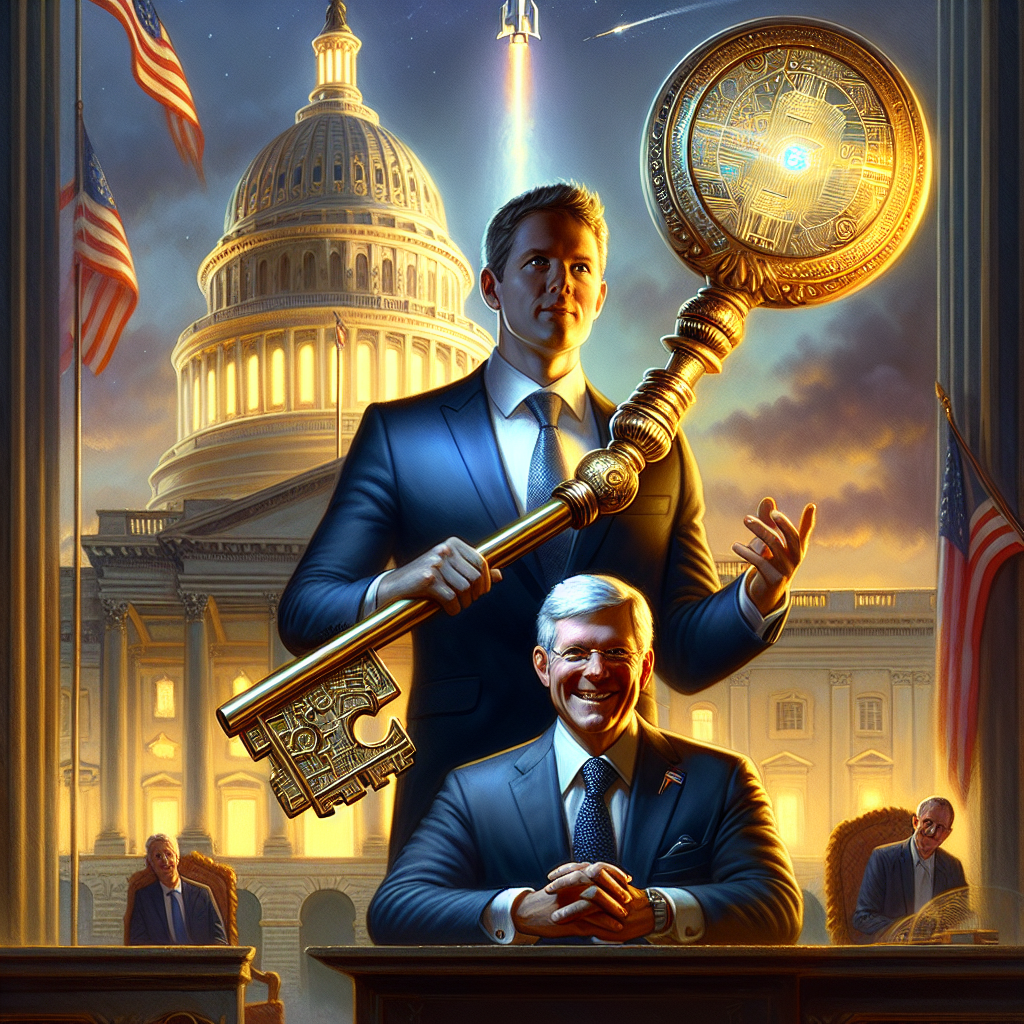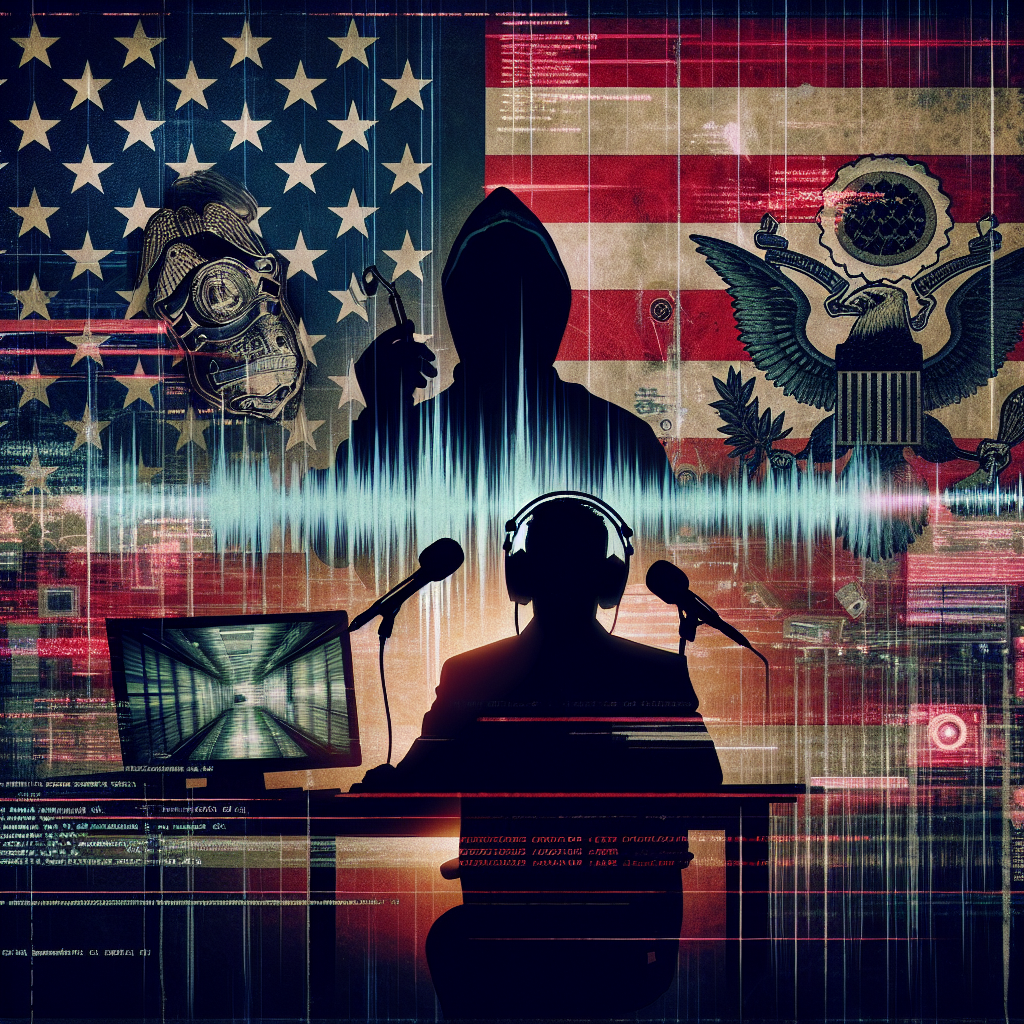**BLOOD, BOMBS, AND BAD LEADERSHIP: MOGADISHU’S DEADLY SOCIAL CONTRACT**
Listen up, the truth’s about to drop, and I don’t sugarcoat.
In a move straight out of the barbarism manual with a footnote from Dante’s Inferno, a suicide bomber decided to rewrite the job application process in Mogadishu—permanently. At least 13 young hopefuls didn’t make it to their military careers because they were too busy dying in a senseless explosion at the doorstep of Somalia’s brittle bones of national defense.
Let me paint this ugly masterpiece: the scene is a military base, the moment is full of ambition, and the line is packed with fresh recruits who probably thought they’d be preparing for battle, not becoming casualties before basic training. But instead of boots, bullets, and barracks, they got bodybags—courtesy of a coward in explosives.
Now, here comes the part where I whip off the mask of diplomacy and shove some raw, political truth in your face.
How many times will Somalia have to rinse and repeat this savage cycle before someone upstairs replaces the broken loop with even a hint of leadership? This wasn’t just an attack—it was a statement, carved in steel and soaked in blood. And the message? Simple: “We know where you’re weakest—and we’ll strike there, every damn time.”
And while the ground in Mogadishu is drying red, the suits in high positions are busy scribbling another round of “condolences” and “investigations.” Please—save your press releases for the gullible and your crocodile tears for a better theatre. These boys weren’t just victims of terror; they were victims of strategic negligence.
Here’s a hot take for your fragile sensibilities: if a government can’t secure its military recruits on its own turf, what in the name of geopolitics is it even securing?
You can throw funding at counter-terrorism, sign pacts with alphabet-soup international organizations, and chant unity slogans until your lungs dry up. But if your nation’s defense strategy is: “Hope the bomber doesn’t find the door,” then you’ve already lost the war before loading the rifle.
Now, let’s talk about the long game—the real game. See, attacks like this aren’t just random atrocities. They’re part of a power play. Militant groups in Somalia, like al-Shabab, don’t just aim to kill—they aim to humiliate. They’re tossing a Molotov cocktail straight into the notion of a functioning Somali state.
And more often than not, the international community will rush in, throwing development aid like confetti at a collapsing parade float. Temporary applause. No real change.
You know what’s easier than building secure recruitment centers? Building fake narratives. It’s cheaper, cleaner, and it keeps the incompetent in command while the bodies continue to drop.
The cycle is sickening. Blood. Blame. Shrug. Repeat.
If Somalia wants to be more than a footnote in a textbook chapter on “How Fragile States Fail,” it needs more than hollow headlines and diplomatic babysitters. It needs a new playbook—one that doesn’t treat every crisis as a PR problem. One that doesn’t let monsters roam free until they make the front page again.
And for every coward who thinks this chaos gives them power—remember the tide of history has drowned empires for less. But that tide won’t shift unless bold leadership steps up and grabs the helm. Not filters. Not excuses. Results.
Because if you can’t protect the line of young men willing to die for your flag—you’ve already buried your flag with them.
The game’s on, and I play to win.
– Mr. 47










